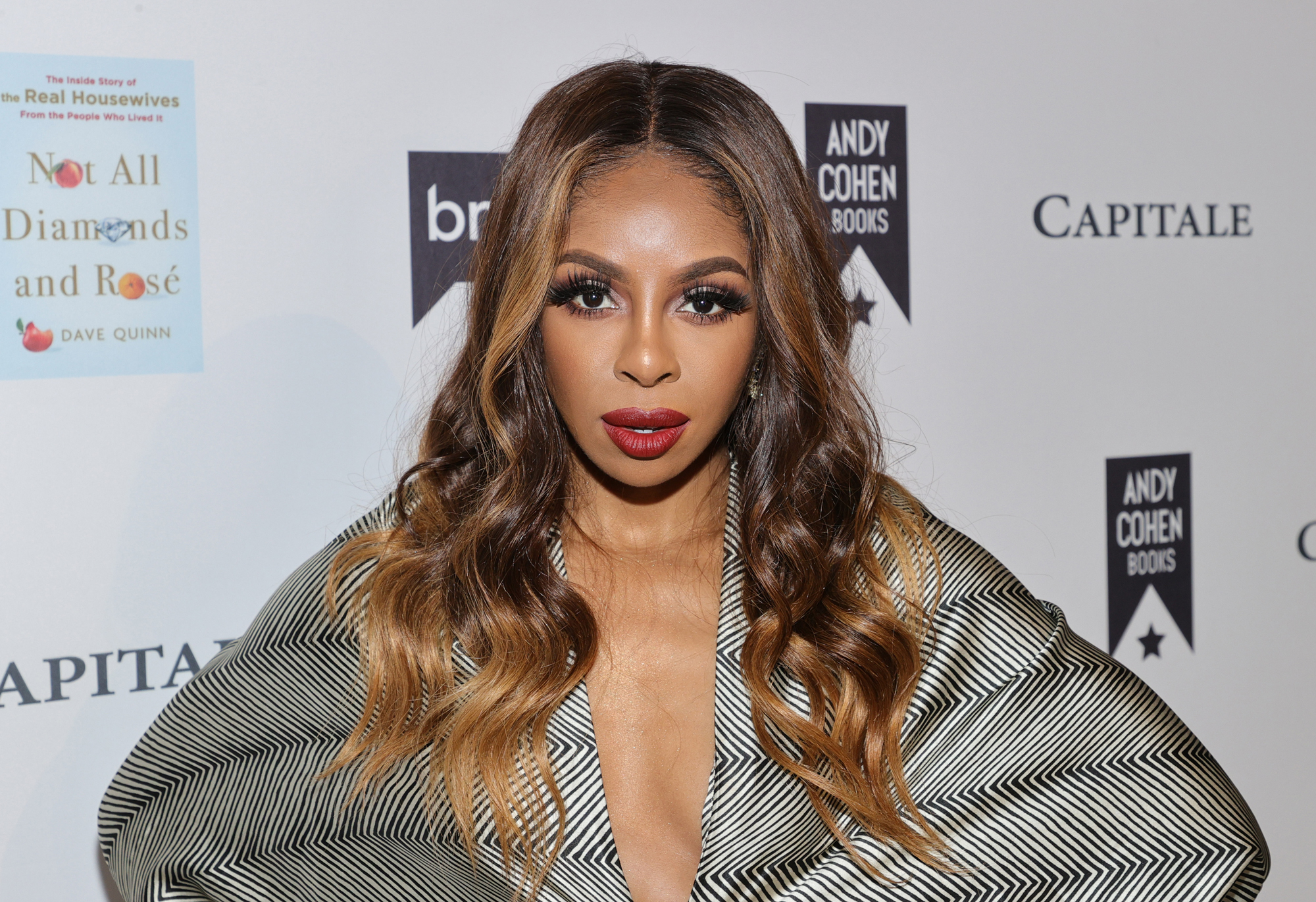If you’re an avid viewer of reality television, like the vast majority of Black Twitter, you’ve seen some pretty heated debates on your timeline. The argument in question? Whether or not Candiace Dillard-Bassett is deserving of the harsh criticism she receives or if most of it is rooted in colorism. For those who are unfamiliar, Dillard-Bassett is one of seven full-time cast members of Bravo’s The Real Housewives of Potomac reality TV show. The majority of the cast members all possess fair skin and straight hair with the exception of Dillard-Bassett and Dr. Wendy Osefo, who happen to be dark-skinned. Social media has been filled to the brim over the last few weeks as allegations of colorism from many users have prompted the discriminatory practice to be a topic of discussion on the four-part reunion special that’s currently airing. Before we begin to unpack the presence of this ghastly sibling to racism, let’s further explore the dynamics of the show itself.
For viewers and fans alike who are familiar with this rendition of the popular Real Housewives brand, they’ve come to witness the toxic wielding of privilege and power of Gizelle Bryant and Robyn Dixon, weirdly referred to as the Green-Eyed Bandits in reality television lore. These women have not only made a name for themselves by being the longest-running castmates to actually not be housewives on the series, but they’re well known for creating chaos in every situation they touch—much of which drips in the privilege they hold. These two textbook villains have an eerie history of enacting high school-esque tactics on their dark-skinned colleagues, then gaslighting them when confronted for their mean girl behavior. Whether it was attempting to destroy the marriage and self-esteem of Osefo or suggesting that Dillard-Bassett deserved to be attacked by new castmate Mia Thornton, they are menaces. What makes this sort of behavior all the more troubling is that the discretions of darker-skinned women on the show have cued heinous judgement.
Since Dillard-Bassett’s first season on the show, she’s made a name for herself as someone who claps back in the most lethal of ways. This escalated last season when verbal sparring between her and, former castmate, Monique Samuels ended in a full-on brawl with lawsuits and receipts to follow. This season, Dillard-Bassett has markedly engaged in verbal spats with Thornton and veteran castmate Ashley Darby. Insults ranged from body shaming Darby’s postpartum body to taking jabs at Thornton’s mother. It is true that these insults are damaging, but how is this behavior different than that of Dillard-Bassett’s peers? Just a few years prior, Bryant and Dixon pulled up to Darby’s restaurant to harass her over hearsay. The first episode of this current season concluded with an argument between Bryant and castmate Karen Huger in which Huger referred to her as a “broken whore from Hampton University.” There’s a clear double-standard and colorism is to blame.
Does Dillard-Bassett oftentimes use her expansive vocabulary to read her castmates to filth, even to her own detriment? Yes. Is Dillard-Bassett often held accountable for her actions in ways that her lighter-complected colleagues are not? Yes. Both can be true. Just because this woman chooses to use her words in defamatory ways in response to the callous nature in which she, Osefo and other dark-skinned women on the show are treated, does not warrant this uneven metric of accountability. The reunion special, which airs its third episode this Sunday, was spent reenacting a modern day witch hunt, with Dillard-Bassett and Osefo on trial. The disgusting show of faux accountability—led by Bryant, Dixon and even host Andy Cohen—proved what many have said all along: Colorism does exist on the show. It not only exists, but it is also lauded.
The gaslighting that these two women have received as it relates to the difference in responses to their actions versus their colleagues is glaring. The Green-Eyed Bandits have made it a sport to attack most of their colleagues’ marriages and families on the show yet they evade accountability for such actions. When they attempted to portray Osefo as a fragile, aggressive woman who got plastic surgery to appease her insecurities, there was no accountability. When they went on a cheapened smear campaign to paint the picture that former castmate Samuels was this violent psychopath after her altercation with Dillard-Bassett, again, they escaped accountability.
Whether one agrees or not that colorism exists on the show, the painstaking differences in treatment between the fair-skinned women and everyone else who wouldn’t pass a paper bag test, cannot be ignored. In no way should Dillard-Bassett be excused for the horrendous things that come out of her mouth, but if she is to be held accountable, everyone else should be, too, by the same standard.
